Custom metal tin...
Which tin box foreign trade company or tin box factory has more advantages?
When ordering tin boxes, do you have any questions? Whether it is a good tin box foreign trade company or a tin box factory, many new purchasing managers will be confused. The starting point of the positioning of the tin box factory and the trading company is different, and the positioning is different. The tin boxes delivered to consumers are different. Perhaps to be precise, factories are positioning products, and traders are positioning markets. There are similarities between them, but also their own advantages and disadvantages. And because of their respective characteristics and differences, they have different living spaces in market competition. Let me analyze the respective advantages of the tin box foreign trade company and the tin box factory.
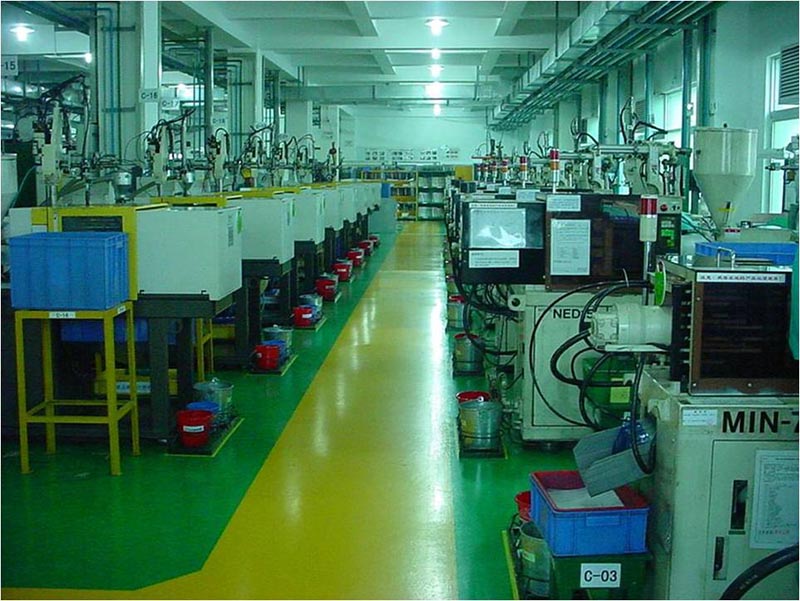
1. Cost advantage.
Supply chain management can reduce the purchase cost, inventory cost and sales cost of the tin box factory. Tin boxes are cheap, and a large number of large and medium-sized international buyers are obviously inclined to cooperate with factories, especially international retailers. Cheap price is a big advantage of the factory.
(1) Reduction of procurement costs. In supply chain management, by strengthening the management of supplier relationships, the cost of tin box raw materials can be reduced. First of all, cooperation with suppliers can reduce the risk of market procurement, reduce uncertainty, and reduce transaction costs. Market risks and incomplete information often make factories suffer losses and lose many business opportunities. Secondly, large-scale procurement and long-term cooperation can enable suppliers to give enterprises preferential prices. On the one hand, large-scale and long-term procurement itself reduces the transportation cost of tin box raw materials; on the other hand, suppliers also reduce costs due to the reduction of uncertainty.
(2) Reduction of inventory costs in tin box factories. The reduction of inventory costs comes from the enhancement of the ability of supply and drinking chain management to predict the market. In the case of meeting a certain service level, the reduction of inventory can reduce storage costs, management costs, and transportation costs. Both finished tin boxes and semi-finished tin boxes will increase warehouse management costs. The increase in tin box products will increase its handling costs. After adopting supply chain management, the tin box factory can reduce the storage cost of tin box raw materials through multi-batch, small-scale procurement and supplier delivery; on the other hand, it can reduce the flow of products in the production line and reduce transportation cost. The final storage volume of semi-finished products and products will also be reduced.
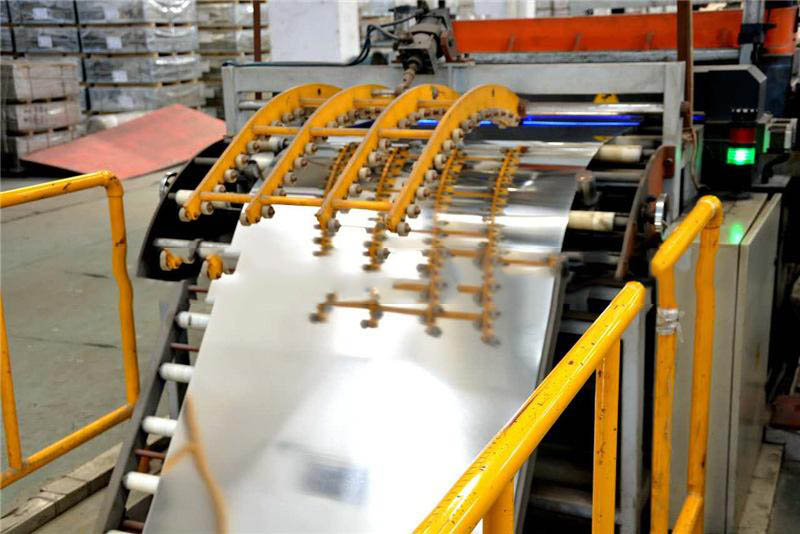
(3) Reduction of tin box sales cost. The reduction in sales costs benefited from the reduction in sales channel costs. Supply chain management integrates wholesalers and retailers, reducing costs in the sales process. First of all, large-scale cargo transportation between tin box factories and wholesalers takes advantage of the scale effect of transportation and reduces sales expenses. Secondly, it reduces the loss caused by the slow sales of the tin box during the sales process.
2. The efficiency advantage of the tin box factory.
In terms of production efficiency, improve rapid response capabilities and carry out timely and rapid production.
(1) Fast order and order processing. The development of information technology, such as POS technology, EDI technology, VPN, provides convenience for customers to order quickly. Various retail stores place orders on a regular basis or according to order points according to inventory conditions. The order information is delivered to the tin box factory in time. The factory classifies and processes according to the order list sent by the seller to determine which products to produce, how much to produce, and when to produce.
(2) Fast manufacturing. According to the order, the factory produces tin boxes that meet the requirements in the shortest possible time. A factory implementing a supply chain generally has two production methods: one is manufacturing based on MRPⅡ or ERP; the other is manufacturing based on JIT. The former is characterized by quickly formulating a production plan based on a large number of orders, determining the order lead time, daily production arrangements, controlling the implementation results, and modifying the main production plan. The latter is based on the order, immediately production, and requires suppliers to deliver goods in a timely manner. The former utilizes the characteristics of mass production and relies on strict planning and control to improve manufacturing efficiency. The latter relies on the control of product quality and the improvement of production flexibility to shorten the production cycle.
(3) Timely delivery from suppliers. The supply of tin box raw materials has played a key role in the rapid production of tin box factories. Suppliers delaying delivery will delay the time of production, or even stop production. The premature delivery has also had a negative impact on JIT-based enterprises. Not only increases storage costs, but also affects the orderly production of production.
3. The advantage of tin box factory mobility.
In terms of "promotion", it will improve the company's ability to predict and respond to the market, strengthen customer relationships, and meet market demands in a timely manner.
(1) Obtain market-related information. The tin box factory needs to analyze the needs of consumers, the level of consumers, and the degree of satisfaction. To obtain this information, it is necessary to conduct research on customers and the market. The supply chain has a strong advantage in obtaining this information. By sharing information with sellers and retailers, various information can be obtained accurately and quickly. In terms of the market, by counting the sales information of each type of tin box in each sales channel, it is possible to analyze the sales growth situation and see which products are popular with consumers and which are unsalable. On the customer side, you can obtain consumer preferences, consumer types and consumption levels through shopping malls, etc. Some retail stores track the consumption status of consumers by issuing membership cards, etc., and provide personalized services for consumption. The aggregation of this kind of information can obtain the consumption preferences of various consumer levels and the needs of different levels of tin boxes, which provides a basis for tin box packaging design decisions.
(2) Make market positioning through information and formulate tin box production plan. By classifying and summarizing the acquired information, the market demand can be predicted. Forecast the demand of different levels, different regions, and different seasons to determine the scope of the market and accurately position the market to determine the market strategy and carry out the production plan. On this basis, accurate market information is the prerequisite for the implementation of the supply chain production plan.
As a professional tin box factory, it forms a competitive advantage relative to the superior market position of traders. This kind of competitive advantage is generally obtained in two ways: cost and technology. The cost-leading way, that is, the tin box factory provides a lower price than the trader for production in order to gain the factory's competitive advantage. There are many ways and methods to achieve cost leadership, but they are usually achieved by increasing productivity and reducing production costs. Among them, adopting new technologies or designing more efficient working methods can increase productivity, reduce general management costs and labor costs to reduce production costs. The tin box factory has the advantages of technology and packaging resources, and can contact customers at any time; it can control the quality. Generally speaking, it is to ensure the quality of the tin boxes exported by itself, and then meet the product quality of the trading company; the tin box factory can lead customers at any time See the factory, provide samples, etc.
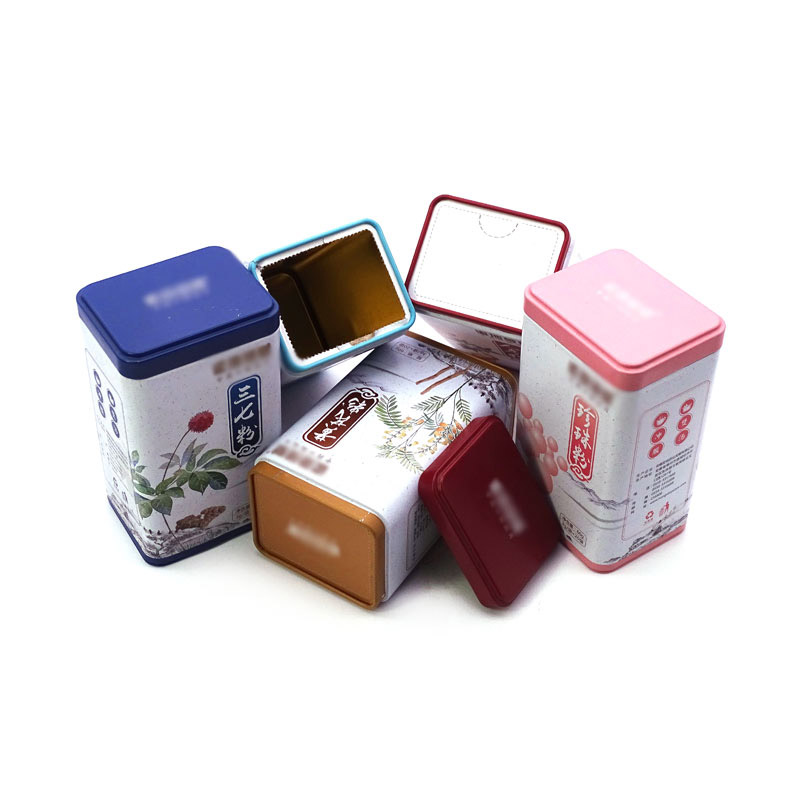
Talking about the advantages of the tin box factory, let's talk about the disadvantages of the factory. Factories often only provide one or two products, which cannot meet all the needs of international customers. International traders often purchase dozens of products. At this time, factories are stretched out. The second is that most factories only focus on cultivating technical employees. The factory system is often only for production, sales are relatively weak, and people come and go, and they cannot be retained. Third, there will be a phenomenon of business competing for resources in the factory. There are many salesmen, but they all go to the workshop to guide production, and the workshop is easy to lose sight of one another.
Let's analyze the advantages of trading companies:
First, it can provide a variety of tin box product accessories. Taking chemical tin box as an example, the factory may not be able to do it well, but the trading companies are doing very well.
The second is to mobilize the enthusiasm of salespersons. Salespersons are both salespersons and buyers. Although there is no factory, they can purchase everywhere, and the prices of suppliers are different, so there is an opportunity to purchase.
The third is that the salesperson is more professional, because the trading company can survive, it must have its own advantages, so the foreign trade company can learn more knowledge.
Fourth, many foreign trade companies conduct overseas warehouse sales, that is, overseas retail, which is difficult for ordinary factories.

Needless to say, the disadvantages of trading companies are high prices. But this is for large and medium purchasing customers. Some small customers are still willing to cooperate with trading companies. So, should you choose a trading company or a factory? If a trading company has a wide variety of products and multiple sales channels, it can still go, especially overseas retail, not to mention, it is very advantageous. But for the same trading companies and factories of one or two products, of course they choose factories.





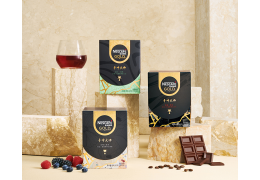
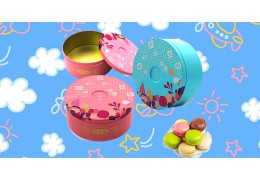
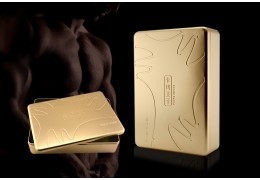

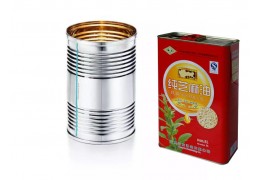
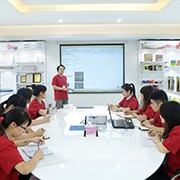
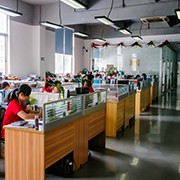


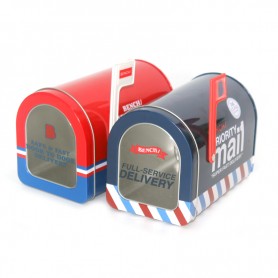
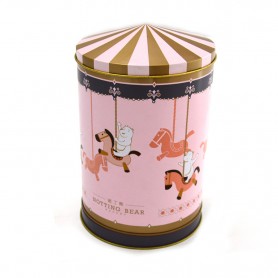


Latest comments